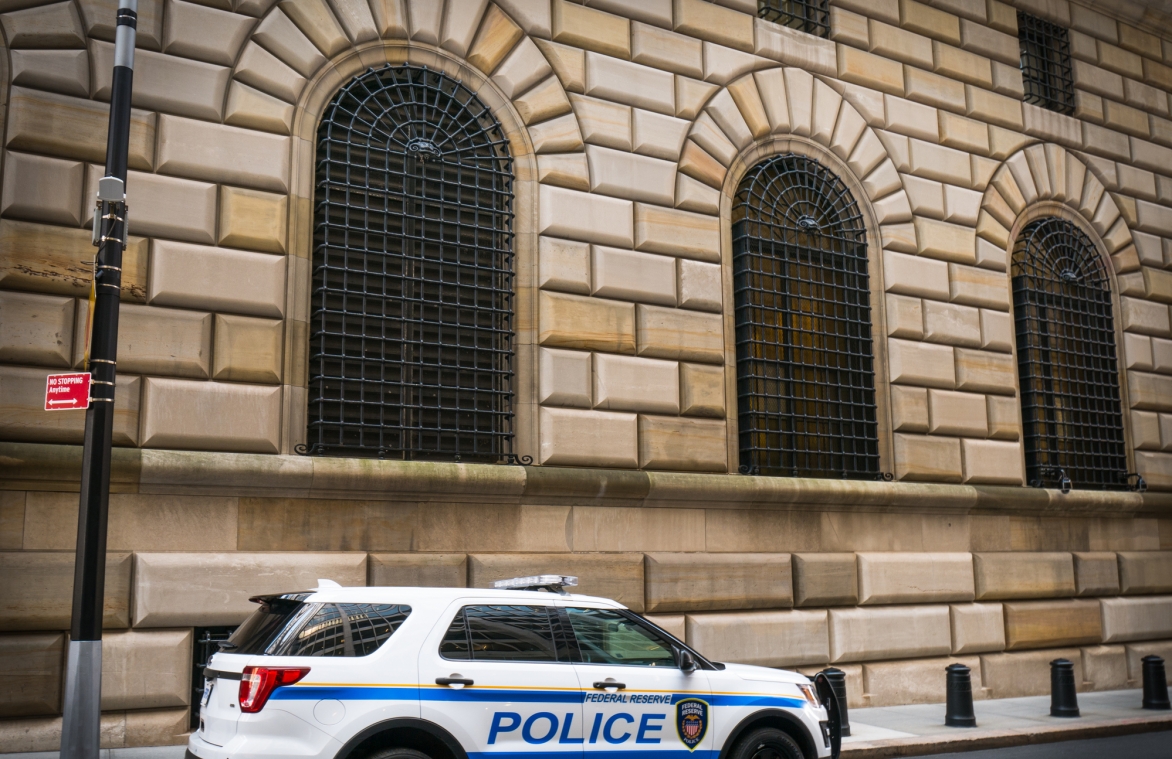Police officers under investigation and their union representatives do not have a First Amendment right to record their interviews, a federal appeals court has ruled.
The controversy arose over the investigations of police officers in Cincinnati who have been accused of misconduct. In Cincinnati, citizens can complain about police misconduct to the city’s Citizen Complaint Authority. The authority then interviews the officers involved, and can record the interview.
Sgt. Daniel Hils, president of the Fraternal Order of Police Lodge 69, observed what he called troubling behavior from Investigator Ikechukwu Ekeke. Hils contended that Ekeke turned off the complaint authority’s recording when an officer gave exculpatory information. Another time, Hils contended, Ekeke threatened an officer.
When Hils sought to record the interviews himself, the authority refused, and then passed a policy prohibiting officers or their union representatives from recording the interviews.
Hils and three affected officers sued Ekeke, Citizen Complaint Authority Director Gabriel Davis, and the City of Cincinnati, claiming a First Amendment violation. The Fraternal Order of Police Lodge 69 also filed an unfair labor practices charge against the city. That complaint led to a partial settlement in which the city agreed to record all parts of interviews moving forward.
But the federal lawsuit proceeded on the claim that Hils and the officers could make their own recordings, and had a First Amendment right to do so. A district court held that the First Amendment does not include a right to record a government investigation.
On appeal, a three-judge panel of the 6th U.S. Circuit Court of Appeals agreed in its Nov. 7, 2022, ruling in Hils v. Davis. Judge Jeffrey Sutton, writing for the panel, explained that “a prohibition on recording speech is not a prohibition on speaking.”
Furthermore, Sutton wrote, “A right to gather information does not require others to give it away or require governments to open up all ongoing proceedings to the public.”
In fact, according to Sutton, “the Supreme Court in case after case has recognized the power of federal and state governments to close and open doors to sensitive information within their control.”
The Free Speech Center newsletter offers a digest of First Amendment and news media-related news every other week. Subscribe for free here: https://bit.ly/3kG9uiJ
David L. Hudson Jr. is a professor at Belmont University College of Law who writes and speaks regularly on First Amendment issues. He is the author of Let the Students Speak: A History of the Fight for Free Expression in American Schools (Beacon Press, 2011), and of First Amendment: Freedom of Speech (2012). Hudson is also the author of a 12-part lecture series, Freedom of Speech: Understanding the First Amendment (2018), and a 24-part lecture series, The American Constitution 101 (2019).

